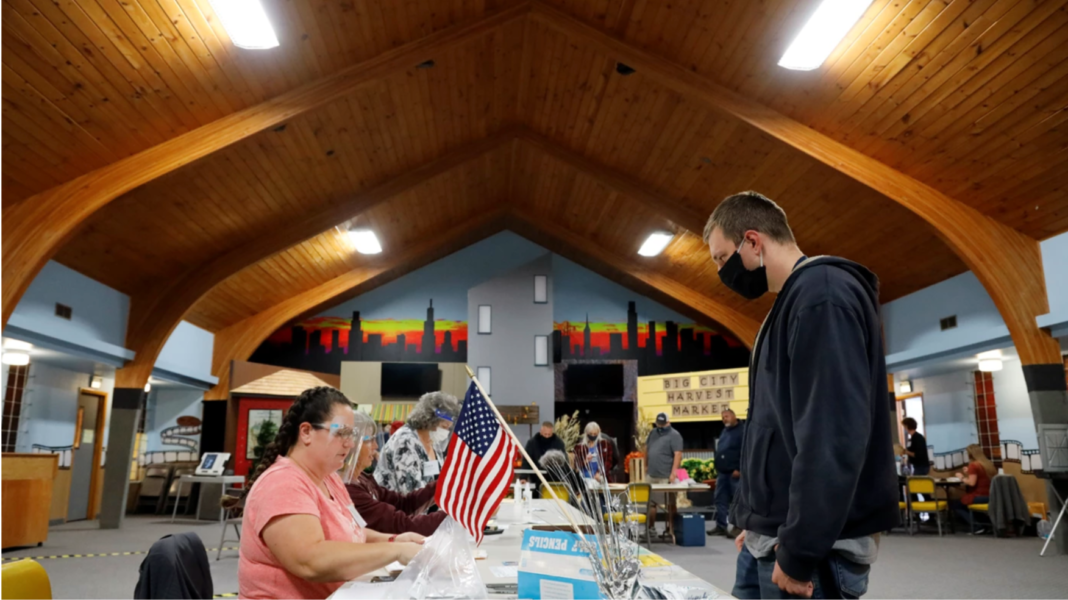Blessed are those who wait on the battleground states.
Evangelicals have joined the rest of the United States praying and anticipating the results of the race between President Donald Trump and Democratic challenger Joe Biden after election night came and went without a definitive winner.
Each told supporters they were confident of their chances in critical states that needed more time to finish counting votes: Pennsylvania, Michigan, and Wisconsin.
Trump told a crowd at his campaign headquarters that he was ahead in the undeclared states and claimed that “we will win this, and as far as I’m concerned we already have won this,” though the races in several states had not yet been called.
At an event in Delaware, Biden said to “keep the faith” while votes were still being tallied late into the night—and may continue to be counted for days to come. “We’re going to have to be patient,” the former vice president said. “And it ain’t over until every ballot is counted.”
Biden went into the night with a substantial lead in the national polls, but Trump did better than expected in Florida and maintained an edge in Georgia and North Carolina. Among white evangelical and born-again Christians, he earned 78 percent of the vote, according to the first 110,000 voters surveyed by the Associated Press for its VoteCast poll. Trump garnered several percentage points more in key Southern states.
With the unusual difficulties of this year, an ongoing pandemic and social unrest, the election delay can feel like a particularly cruel limbo. After a prolonged early voting season and record-high turnout, enthusiastic supporters on both sides are holding on to hope that their candidate …
News brought to you by Christianity Today




